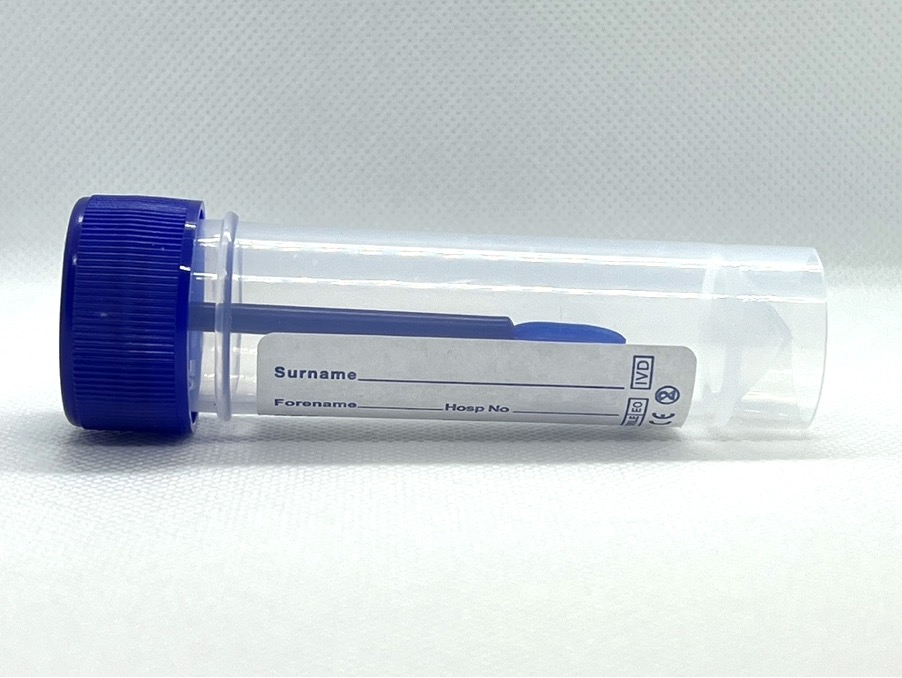Norovirus PCR
Alias: Winter vomiting disease, Norwalk virus
Discipline: Virology

Test information: Used for the qualitative detection and differentiation of Norovirus genogroup I and genogroup II RNA from raw or unpreserved unformed stool specimens collected from individuals with symptoms of acute gastroenteritis.
Availability: Available locally Monday - Sunday during routine hours: 08:45 - 15:00. All requests must be made through Infection Prevention and Control (IPAC), Consultant Microbiologist or the Site Co-ordinator. Available to Royal Cornwall Hospital and Community Hospital patients.
For community outbreak testing including care homes please contact UK Health Security Agency (UKHSA).
Turnaround Time: Same Day
- Specimen Type(s)
-
- Faeces;
- Other Acceptable Specimen Type(s)
- N/A
- Specimen Container - Adult
-
- Fecon 27mL Clear Polypropylene Container with spoon;
- Sterile CE-marked Universal Container;
- Specimen Container - Paediatric
-
- Fecon 27mL Clear Polypropylene Container with spoon.;
- Sterile CE-marked Universal Container;
- Analytes
-
- Norovirus genogroup I RNA;
- Norovirus genogroup II RNA;
- Part of a test profile?
- No
- Volume (min) of sample to be sent to laboratory
- 1-2g
- Patient Preparation, Sample Handling and Transport
-
- Do not send more than one specimen from the same patient on the same day.
- Take sample as soon as possible after onset of symptoms.
- Specimen may be passed into a clean, dry, disposable bedpan or similar container and transferred to a leak proof container.
- Assay interference may be observed in the presence of barium sulfate (contrast agent) and benzalkonium chloride (surfactant used to increase drug penetration & used as a bioactive agent in many topical products).
- Please do not send vomit.
- Specimens should be transported to the laboratory without delay.
- Stool samples must be stored at 2 °C - 8 °C and are stable for up to 2 days.
- If transport is delayed store at 2 °C - 8 °C.
- Maximum add on time
- 2 Days
- Units and Reference Ranges / Interpretation
- Not detected / Detected/ Invalid / Inhibitory
- UKAS number
- 8869
- UKAS accredited test?
- Yes
- Comments
- N/A
If you have any queries about a test or results interpretation please contact us.
Last updated: 03-06-2023